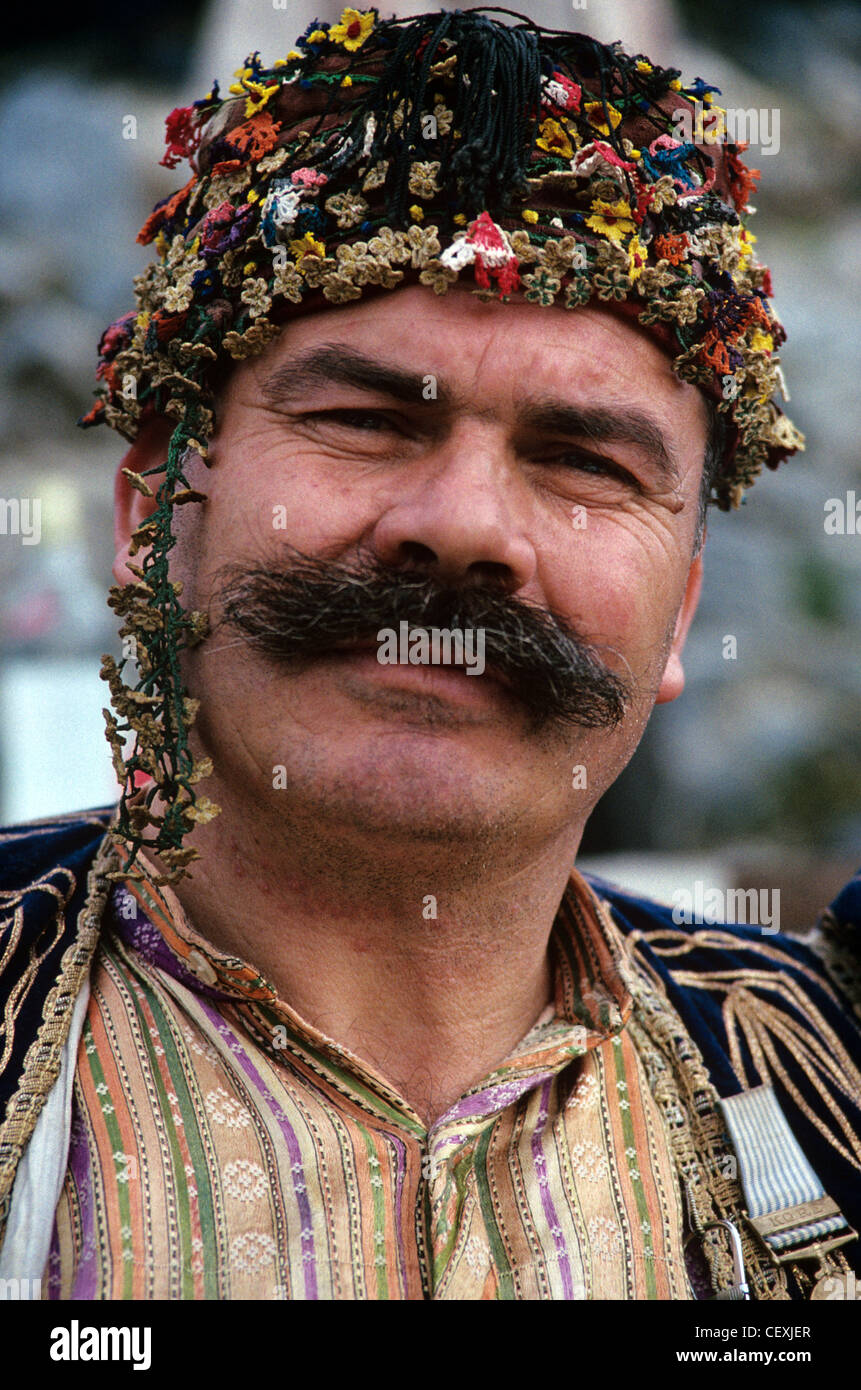Turk Ifsa Alemi: Exploring The World Of Turkish Information
Have you ever wondered about the ways information travels and gets shared within a particular culture? We often hear terms that spark our curiosity, terms like "Turk Ifsa Alemi," and it makes us think about how knowledge, stories, or even everyday facts become known. This idea of "ifsa" or "revelation" within a specific "alemi" or "world" can be quite interesting to look at, especially when we consider the rich history and broad reach of Turkish culture. It's really about understanding how things come to light, whether it's an old tale or a piece of current news, so to speak.
Turkish culture, with its deep roots and wide influence, offers a fascinating background for this kind of discussion. From ancient Central Asian peoples who spoke Turkic languages to the modern-day citizens of the Republic of Turkey, the way people communicate and share insights has always been a big part of their identity. You know, like how Turks played an important role in bringing eastern cultures to other places, which surely involved a lot of information exchange.
So, what does "Turk Ifsa Alemi" truly suggest when we think about information and communication in a Turkish context? It's not about any specific secrets or scandalous details. Instead, it invites us to think about the general idea of disclosure, how things are brought into the open, and the very act of sharing knowledge within the vast and varied Turkish sphere. This exploration helps us appreciate the flow of information, both historically and in our current times, as a matter of fact.
Table of Contents
- Understanding Turk and Its Heritage
- The Idea of Ifsa: Disclosure and Revelation
- Alemi: The Turkish Sphere of Information
- Historical Information Sharing in Turkish Cultures
- Modern Communication and the Digital Landscape
- The Importance of Responsible Information Sharing
- Frequently Asked Questions About Turkish Information and Culture
- Conclusion: Understanding the Flow of Information
Understanding Turk and Its Heritage
The term "Turk" carries a lot of meaning, a truly broad concept. It refers to a native or national of Turkey, or someone with Turkish descent. But, it also covers a member of any of the ancient Central Asian peoples who spoke Turkic languages, which is quite a bit of history, you know. The word "Turk" first became the name of a state through the Göktürk State, showing its affiliation with that powerful entity.
Turkish people, or the Turks, are a Turkic ethnic group and a nation. A Turkish citizen is someone who is a citizen of the Republic of Turkey. Article 66 of the Constitution of Turkey, for instance, defines a Turk as anyone who is a citizen of the Turkish state. Turkic peoples, in general, are a collection of ethnic groups whose members speak Turkic languages, and there are many of these, obviously.
These languages belong to the Turkic subfamily of the Altaic family of languages, so it's a big linguistic tree. Historically, Turks also played a very important role in bringing eastern cultures to the West. This means they were significant channels for sharing knowledge, ideas, and even technologies across different parts of the world, which is rather interesting to think about.
The Idea of Ifsa: Disclosure and Revelation
When we talk about "ifsa," we are essentially discussing the act of bringing something to light. It's about disclosure, or a revelation, making something known that might not have been before. This can apply to many different situations, from sharing a historical fact that was previously hidden to simply making information available for everyone to see. It’s about transparency, in a way.
In a general sense, "ifsa" helps information move from one person or group to another. It's how stories are told, how news spreads, and how knowledge grows. For example, when researchers publish their findings, they are performing an "ifsa" of their discoveries, making them known to the wider scientific community. This process is pretty much how learning happens, you see.
The concept of "ifsa" also touches upon how information is valued and protected. Sometimes, certain pieces of information are meant to be private, and their disclosure might have consequences. So, understanding "ifsa" means also thinking about the responsibility that comes with sharing or revealing things, which is something we all deal with, literally, every day.
Alemi: The Turkish Sphere of Information
"Alemi" translates to "world" or "sphere." When combined with "Turk," it refers to the broad context of Turkish culture, language, and people. So, "Turk Alemi" means the Turkish world, a collective term for all things Turkish. This includes their traditions, their art, their history, and of course, their communication styles, too it's almost.
Within this "alemi," information moves in specific ways. Think about the various Turkish dialects spoken by people across many countries. These dialects are vehicles for sharing local stories, news, and cultural nuances. This vast linguistic network creates a unique information sphere where Turkish ideas and perspectives can circulate and be understood by many, you know.
The Turkish "alemi" is not just geographical; it's also cultural and digital. It includes the experiences of Turkish citizens, people of Turkish descent around the globe, and even historical figures who shaped Turkish thought. This collective space is where "ifsa" happens, where things are revealed, and where knowledge gets passed down or shared anew, as a matter of fact.
Historical Information Sharing in Turkish Cultures
Throughout history, Turkish cultures have used various methods to share information. Oral traditions, like storytelling and epic poems, were incredibly important for passing down history, values, and entertainment from one generation to the next. These stories were a way of making information known, a kind of ancient "ifsa," basically.
The development of written language and the establishment of states, like the Göktürk State, also marked a big step in how information was recorded and shared. Official decrees, historical records, and literary works allowed for a more formal and lasting form of "ifsa." This meant that knowledge could travel further and endure longer, which is pretty significant.
Trade routes and cultural exchanges also played a big role. As mentioned, Turks helped bring eastern cultures to other parts of the world. This wasn't just about goods; it was about ideas, technologies, and information. People exchanged stories, learned about different ways of life, and shared discoveries, creating a rich flow of "ifsa" across continents, in some respects.
Modern Communication and the Digital Landscape
In our current times, the way information is shared has changed a lot. The digital world has created new avenues for "ifsa," allowing information to spread incredibly fast and reach a global audience. Social media, news websites, and online forums have become major platforms for sharing everything from daily updates to important news, you know.
For Turkish communities, both within Turkey and abroad, these digital tools are really important. They help people stay connected, share cultural content, and discuss current events. This creates a lively "Turk Alemi" online, where ideas and perspectives are constantly being revealed and exchanged, which is quite a phenomenon.
However, with this increased speed and reach comes a need for caution. The ease of sharing means that both accurate and inaccurate information can spread quickly. This makes it more important than ever for individuals to think critically about what they see and hear online, and to consider the source of any "ifsa" they encounter, as a matter of fact.
The Importance of Responsible Information Sharing
Given how easily information can be shared today, thinking about responsible "ifsa" is really important. This means considering the impact of what you share, whether it's on social media or in a private conversation. It's about being mindful of how your words or shared content might affect others, which is just good practice, basically.
Protecting personal information is also a big part of responsible sharing. In the "Turk Ifsa Alemi" and beyond, respecting privacy is key. This involves not sharing someone else's private details without their permission and being careful about what personal information you reveal about yourself online. It’s about building trust and maintaining respectful interactions, you see.
Accuracy is another vital aspect. Before sharing any "ifsa," it's a good idea to check if the information is correct. Misinformation can cause confusion or even harm. So, taking a moment to verify facts helps ensure that the information circulating within the Turkish sphere, or any sphere, is reliable and helpful, which is truly essential.
For example, learning about the origins of words and concepts can help us understand communication better. You can find more details about language evolution from a reputable source on linguistics and etymology, which is quite helpful. Learn more about on our site, and you can also find related discussions on communication and culture by linking to this page .
Frequently Asked Questions About Turkish Information and Culture
What is the meaning of "Turk" in a historical context?
The word "Turk" first became the name of a state through the Göktürk State, indicating its affiliation with this state. Historically, it refers to ancient Central Asian peoples who spoke Turkic languages, and it suggests a broad cultural and linguistic heritage, you know. They played a big role in bringing eastern cultures to other places, which is pretty interesting.
How does Turkish culture influence communication today?
Turkish culture influences communication through its various dialects and a rich history of oral and written traditions. People generally speak different Turkish dialects, which shape how information is shared and understood within communities. Modern digital platforms also allow for continued cultural exchange and communication among Turkish people globally, as a matter of fact.
What are Turkic peoples?
Turkic peoples are any of various peoples whose members speak languages belonging to the Turkic subfamily of the Altaic family of languages. This includes a wide range of ethnic groups and nations, not just those from modern-day Turkey. They share linguistic and often cultural ties, making up a significant part of world history and diversity, which is quite a lot to think about.
Conclusion: Understanding the Flow of Information
Exploring "Turk Ifsa Alemi" really means looking at how information gets shared and revealed within the rich tapestry of Turkish culture. It’s about recognizing the historical ways knowledge has traveled, from ancient oral traditions to the vast digital networks of today. This journey shows us how the Turkish language and its peoples have always been central to communication, shaping how insights and stories come to light, basically.
Thinking about "ifsa" as a general concept of disclosure, and "alemi" as the broad Turkish sphere, helps us appreciate the importance of information in any culture. It reminds us that every piece of information shared, whether a historical fact or a daily update, plays a part in building our collective understanding. This ongoing process of revealing and learning is a vital part of what connects us all, you see, and it continues to unfold every day.
- Calling Amazon
- 60 Minutes What Is On Tonight
- St Jude Golf
- Theaters Inalinas Ca
- Who Played Lurch On Addams Family

Turkish man portrait hi-res stock photography and images - Alamy

Amazon Mechanical Turk - Wikipedia

How a Mechanical Chess-Playing Turk gave Birth to the AI Debate 250